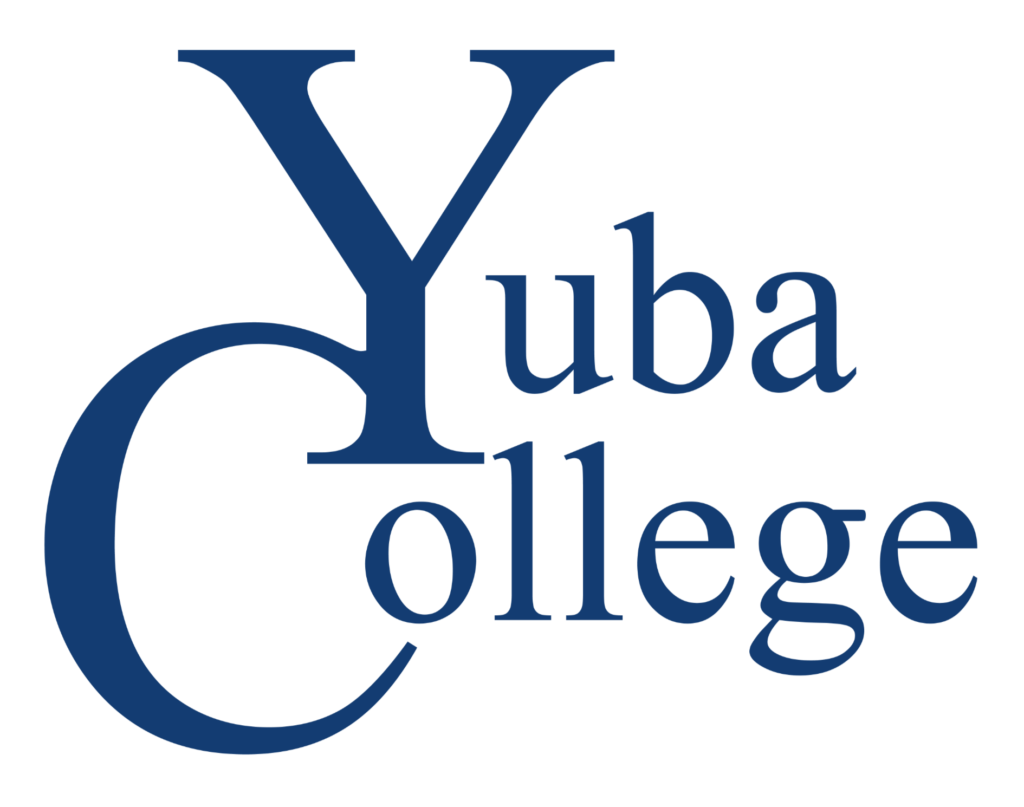Program Definition
An educational program is defined in Title 5, section 55000(g), as “an organized sequence of courses leading to a defined objective, a degree, a certificate, a diploma, a license, or transfer to another institution of higher education.” In practice, however, the Chancellor’s Office approves only associate degrees and those credit certificates that community colleges wish to award to students and which will be listed on transcripts. Respectively, all noncredit programs require Chancellor’s Office approval.
The types of educational programs that must be submitted to the Chancellor’s Office for approval include:
Credit Programs
- Associate Degrees – traditional A.A. or A.S. and A.A.-T/A.S.-T
- Certificates of Achievement that require 18 or more semester units (or 27 or more quarter units)
Noncredit Programs
All noncredit programs that receive state funding must be submitted to the Chancellor’s Office for approval. These include course sequences in Career Development and College Preparation (CDCP) that lead to:
- Certificates of Competency – in a recognized career field articulated with degree applicable coursework, completion of an associate degree, or transfer to a baccalaureate institution
- Certificates of Completion – leading to improved employability or job opportunities
- Adult High School Diploma
Here is a complete list of Yuba College degrees and certificates as of the start of Fall 2017.
